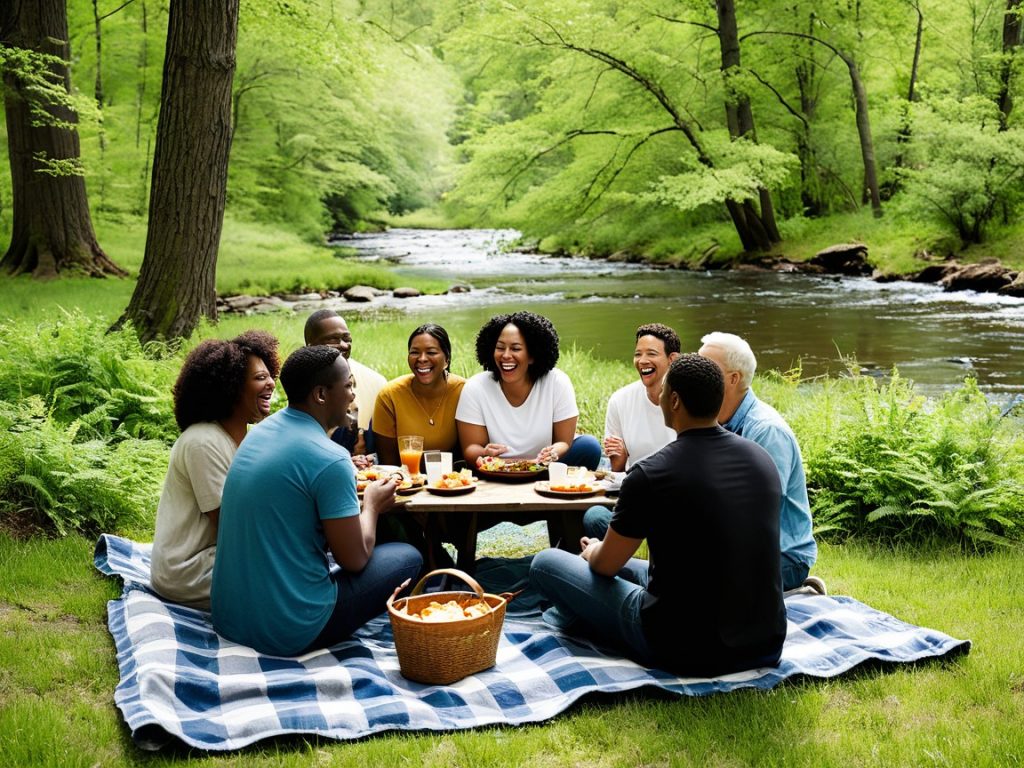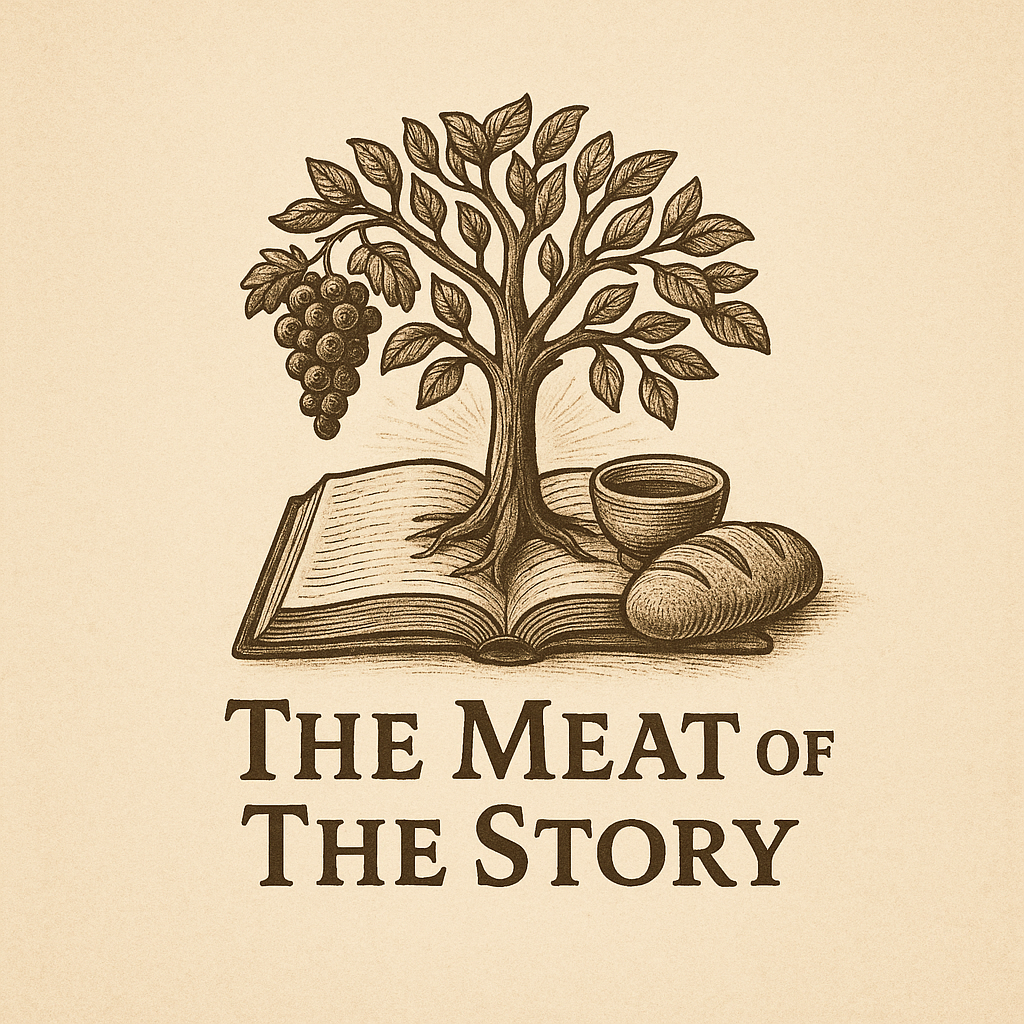
Love in the Bible isn’t just one-size-fits-all. It’s a full banquet of meanings, each word painting a different but complementary picture of how beautifully God loves us and how we’re called to love each other. Let’s taste each of these with some Scriptures to season our understanding.
Let’s start with Agape (ἀγάπη), the superhero love, unconditional, self-sacrificing, no-strings-attached. This is God’s love. The love that sent Yeshua to the cross (John 3:16): “For God so agape’d the world that He gave His only Son…” The Greek word here is agapao (ἀγαπάω), the verb form, showing active, ongoing love.
Paul’s famous love chapter, 1 Corinthians 13:4-7, spells it out beautifully using agape:
“Agape is patient, agape is kind. It does not envy, it does not boast, it is not proud. It does not dishonor others, it is not self-seeking, it is not easily angered, it keeps no record of wrongs. Agape does not delight in evil but rejoices with the truth. It always protects, always trusts, always hopes, always perseveres.”
This agape love is exactly what God’s covenantal love looks like, and that ties directly to the Hebrew word chesed (חֶסֶד), lovingkindness, steadfast loyalty. Psalm 136:1 says:
“Give thanks to the LORD, for he is good. His chesed (lovingkindness) endures forever.”
Here, chesed is not just “nice feelings.” It’s God’s faithful, loyal love, the kind that never quits, that is reliable like a rock. It’s the same love God commands us to show:
“You shall love [ahavah (אַהֲבָה)] the LORD your God with all your heart and with all your soul and with all your might.”, Deuteronomy 6:5
This ahavah is total, devoted love, echoing agape.
✝️
Then we have Philia (φιλία), the warm, loyal friendship love. Jesus said in John 15:13-15:
“Greater love [philia] has no one than this: to lay down one’s life for one’s friends [philois]. You are my friends [philois] if you do what I command.”
Here, philia is friendship love, affectionate, loyal, chosen companionship. This is the love of the disciples around a campfire, the bond that shares secrets and food.
In the Hebrew Old Testament, this love is often expressed with ahavah (אַהֲבָה) too, but the Aramaic (the language Yeshua spoke) word rakhma (רַחְמָא) brings in the tender, compassionate warmth. This word appears in various places emphasizing mercy and heartfelt love. It’s like the love you feel when a parent comforts a crying child.
✝️
Next we have, Eros (ἔρως), the romantic, passionate love. While the Bible doesn’t use eros explicitly in its text, romantic love is still there, beautifully poetic, especially in the Song of Solomon. The love between bride and bridegroom is full of longing and desire. The Hebrew word behind much of this poetry is again ahavah, but used in a romantic context.
Song of Solomon 1:2 says:
“Let him kiss me with the kisses of his mouth! For your love [ahavah] is better than wine.”
This kind of ahavah here carries a sensual, passionate flavor, showing that God honors the sacredness of romantic love within marriage.
✝️
Finally, Storge (στοργή), the home-team love, natural affection between family. This is often understood from context in Hebrew Scripture rather than a specific word, but ahavah still covers it. The feeling parents have for children, the bond of siblings, it’s steady, reliable, and familiar.
For example, Romans 12:10, though written in Greek, shows us that we can “outdo one another in showing honor” and to “love [phileite (φιλείτε)] one another with brotherly affection [philostorgoi (φιλοστοργοί)].” That compound word includes storge and philia, the love of close-knit family and friendship combined.
✝️
So when you read “love” in the Bible, you’re actually stepping into a rich, layered conversation, from agape and chesed’s sacrificial loyalty, to philia and rakhma’s warm friendship and compassion, to ahavah’s romantic longing, and storge’s steady family affection.
God’s love is big enough for all these kinds, and He calls us to love with that fullness:
“Let all that you do be done in agape [love]”. 1 Corinthians 16:14
That’s your ultimate guide for loving in this mixed-up world. And believe me, with all these flavors at your disposal, you’ll have exactly the right love to pour out wherever you go.
✝️
Here’s a quick review on the Greek loves, packed with a little friendly spirit and clarity:
- Agape (ἀγάπη): The unconditional, selfless love, God’s kind of love. It’s the love that gives without expecting anything back, the highest form of love Yeshua modeled on the cross. Think: “I love you even when you forget your Bible.”
- Philia (φιλία): The friendship and brotherly love, the warm, loyal affection between close friends, like the bond between David and Jonathan. It’s about camaraderie and companionship.
- Eros (ἔρως): The romantic or passionate love, physical attraction and desire. This word doesn’t appear in the Bible, but it’s part of Greek culture’s understanding of love.
- Storge (στοργή): The family love, natural affection between parents and children or siblings. It’s the cozy, familiar love that grows over time in a household.
This way, when you hear “love,” you can quickly ask, “Which flavor?”
And THAT is…

images by chatgpt at my direction